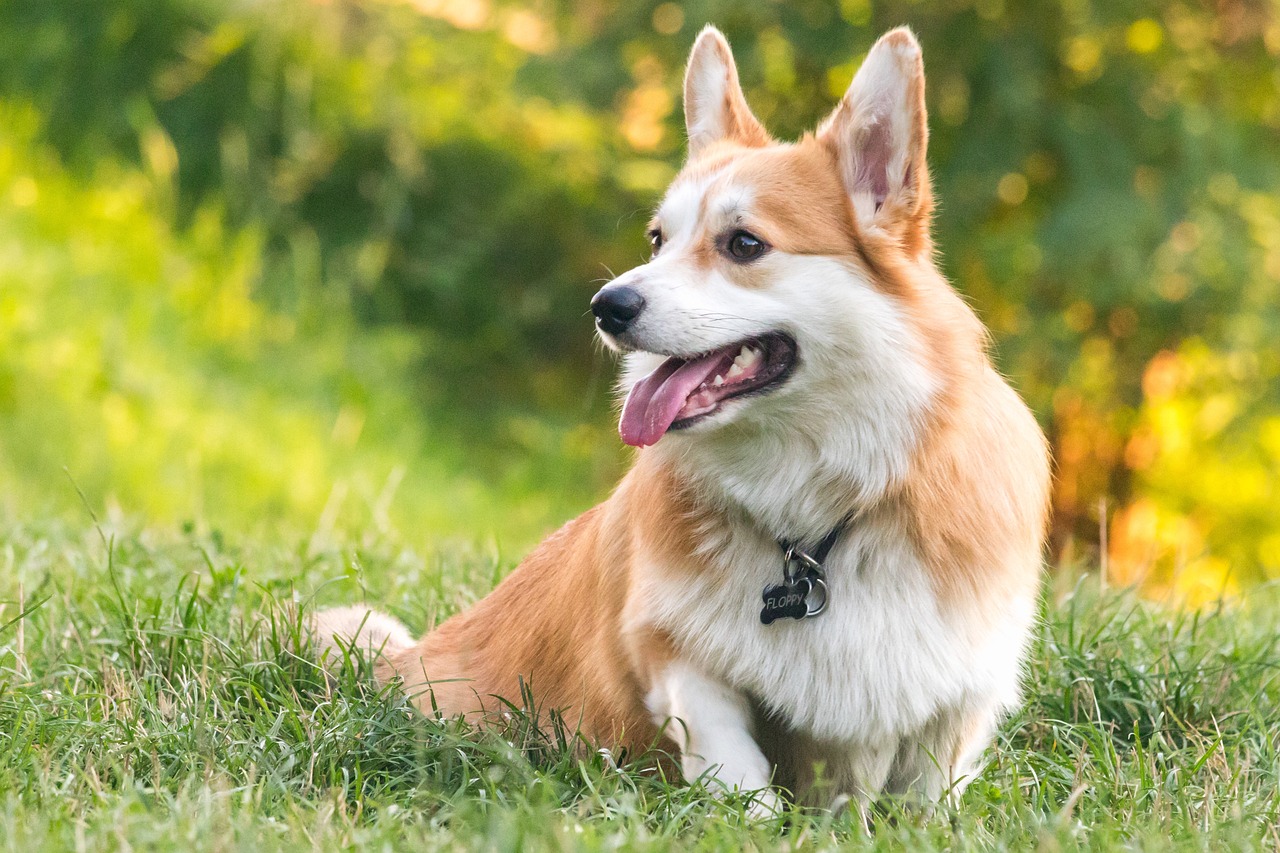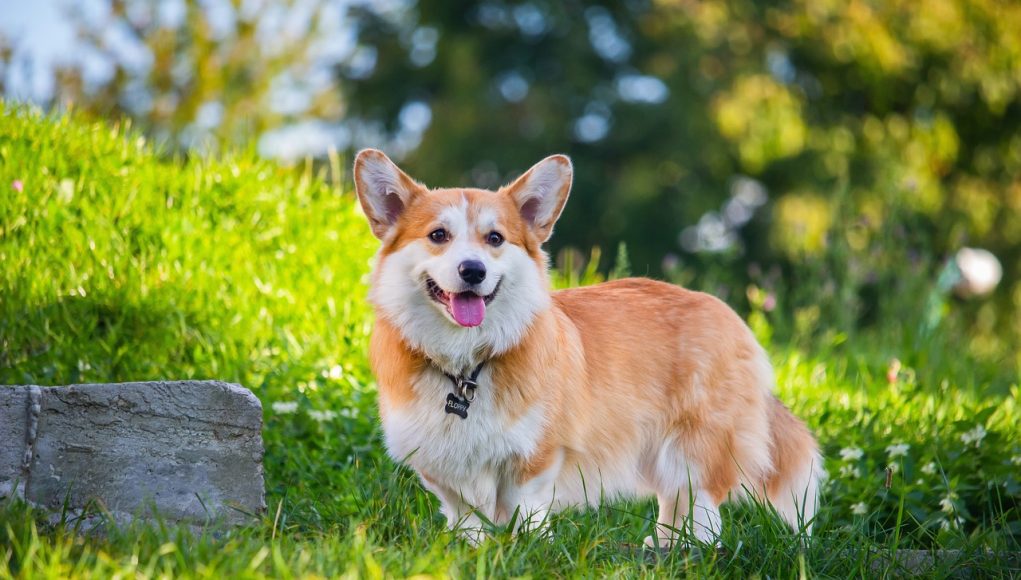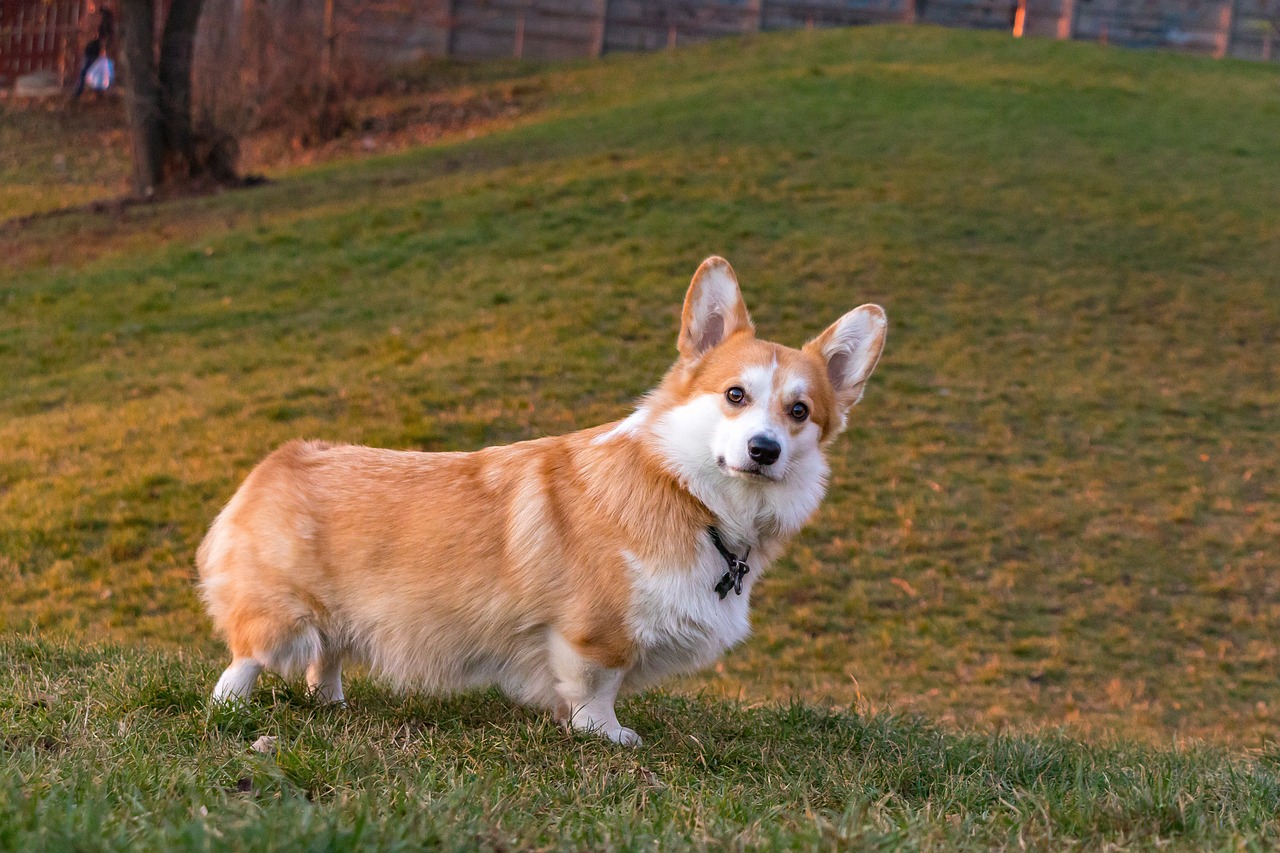The Pembroke Welsh Corgi, a small but sturdy breed, is beloved for its fox-like appearance, intelligence, and friendly nature.
Originating from Wales, these dogs have become a popular choice for families and individuals alike.
Pembroke Welsh Corgi : A Complete Guide to This Dog Breed
This article provides a comprehensive look at the Pembroke Welsh Corgi, including its history, physical traits, temperament, care requirements, health considerations, and more. Whether you are a dog lover or considering adopting one, this guide offers valuable information about the breed.
The Origins
The Pembroke Welsh Corgi has a rich history rooted in Wales, where it was originally bred as a herding dog. The breed’s lineage dates back over a thousand years, and it is believed that Corgis were brought to Wales by Flemish weavers. These compact and agile dogs were used to herd cattle and sheep, skillfully nipping at the heels of livestock to guide them.
Fun Fact: The Pembroke Welsh Corgi is closely associated with British royalty, particularly Queen Elizabeth II, who has owned over 30 Corgis throughout her life, contributing to their popularity worldwide.
Physical Characteristics of the Pembroke Welsh Corgi
Pembroke Welsh Corgis are known for their distinctive appearance, which includes a compact body and fox-like features. Here’s a detailed look at their physical traits:
- Size: Corgis are small dogs, typically weighing between 24-30 pounds (11-14 kg).
- Height: They stand about 10-12 inches (25-30 cm) tall at the shoulder.
- Coat Color: Their coat comes in various colors, including red, sable, fawn, and black and tan, often with white markings. The coat is double-layered, providing weather resistance.
- Morphology: Corgis have long bodies, short legs, and upright, pointed ears. Their tails are naturally short or docked, distinguishing them from the Cardigan Welsh Corgi, which has a long tail.
- Distinctive Features: The Pembroke Welsh Corgi’s alert expression, erect ears, and short stature give it a unique and charming appearance that makes it easily recognizable.
Comparison: Compared to the Cardigan Welsh Corgi, which is slightly larger and has rounded ears, the Pembroke is smaller, lighter, and has a more refined build.

The Temperament of the Pembroke Welsh Corgi
Pembroke Welsh Corgis are known for their lively and intelligent personalities. They are affectionate, loyal, and eager to please, making them excellent companions for families and individuals.
- Interaction with Children: Corgis are friendly and generally good with children, though their herding instinct may lead them to try to “herd” small children by nipping at their heels. Proper training can minimize this behavior.
- Behavior with Other Animals: Corgis usually get along well with other pets, especially when socialized from a young age. They are alert and may be wary of strangers initially, but they warm up quickly with proper introductions.
- Training Tips: Corgis are intelligent and respond well to training, especially when using positive reinforcement techniques. They enjoy having tasks to do, so activities like obedience training or agility are great ways to keep them mentally stimulated.
Care Needs
Pembroke Welsh Corgis require consistent care and attention to maintain their health and happiness.
- Coat Maintenance: Corgis have a double coat that sheds throughout the year, with heavier shedding occurring in spring and fall. Regular brushing, at least two to three times a week, is essential to manage shedding and keep their coat healthy.
- Exercise Requirements: Corgis are active dogs that require daily exercise, including walks and playtime, to burn off energy and maintain a healthy weight. They thrive in various environments, from apartments to homes with yards, as long as they get sufficient physical activity.
- Hygiene and Specific Care: Due to their short legs and long bodies, Corgis are prone to back issues, so jumping on and off furniture should be minimized. Regular ear cleaning, dental care, and nail trimming are also important parts of their grooming routine.
Common Health Issues in Pembroke Welsh Corgis
Pembroke Welsh Corgis are generally healthy dogs, but they are predisposed to certain conditions.
- Back Problems: Their long bodies and short legs make them susceptible to intervertebral disc disease (IVDD). Proper care, such as avoiding high-impact activities and keeping them at a healthy weight, can help reduce the risk.
- Hip Dysplasia: This genetic condition, common in many dog breeds, affects the hip joint and can lead to mobility issues.
- Eye Conditions: Corgis may develop eye problems such as progressive retinal atrophy (PRA) or cataracts. Regular veterinary check-ups can help monitor and manage these issues.
- Life Expectancy: Pembroke Welsh Corgis have an average lifespan of 12-15 years. A balanced diet, regular exercise, and routine veterinary visits are crucial for maintaining their health.
Life Expectancy and Quality of Life
On average, Pembroke Welsh Corgis live between 12 to 15 years. Several factors, including diet, exercise, and genetics, play a role in determining their lifespan.
- Maximizing Quality of Life: To ensure a long and happy life for your Corgi, provide regular physical activity and mental stimulation through play and training. A balanced diet and regular veterinary visits are also essential for preventing and managing health issues.
Pros and Cons of Owning a Pembroke Welsh Corgi
Advantages:
- Corgis are intelligent and trainable, making them suitable for various dog sports and activities.
- They are loyal, affectionate, and make excellent companions for families and individuals.
- Their small size and adaptable nature make them well-suited for both apartments and houses.
Disadvantages:
- Corgis shed heavily, requiring frequent grooming.
- Their herding instinct may lead to nipping behaviors, which need proper training and management.
- They are prone to certain health issues, such as back problems and hip dysplasia, which require preventive care and monitoring.
What to Know Before Adopting a Pembroke Welsh Corgi
Pembroke Welsh Corgis are best suited for owners who can provide them with the attention and care they need. Ideal owners are those who can commit to regular exercise and training to keep their Corgi mentally and physically stimulated. They do well in various living situations but thrive when they have space to move around and play.
Before adopting a Corgi, it’s important to understand their herding instincts and grooming requirements. Consulting with breeders or animal rescue organizations can help prospective owners determine if the Pembroke Welsh Corgi is the right breed for their lifestyle.
Comparing the Pembroke Welsh Corgi with the Cardigan Welsh Corgi
While both breeds share similar herding instincts and appearances, Pembrokes are generally smaller, have docked tails, and a more refined appearance compared to the Cardigans, which have long tails and rounder ears. Pembrokes are often more popular due to their royal association and slightly milder temperament.
Pembroke Welsh Corgis are lively, intelligent, and loyal companions with a rich history and distinctive appearance. They are a great fit for families, individuals, and active owners who can provide the care and exercise they need. Researching thoroughly and consulting with professionals ensures that adopting a Corgi is a well-informed decision for a happy and healthy companionship.









